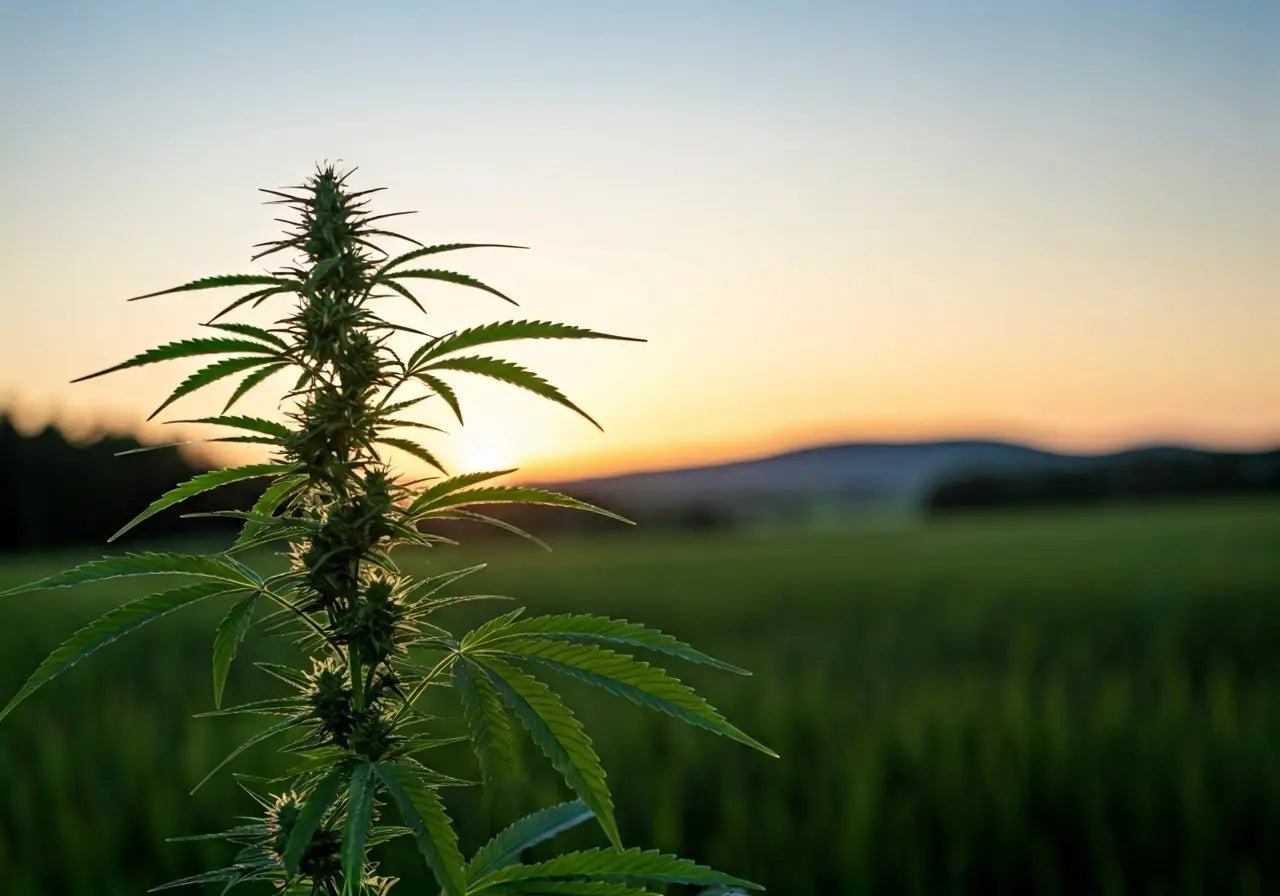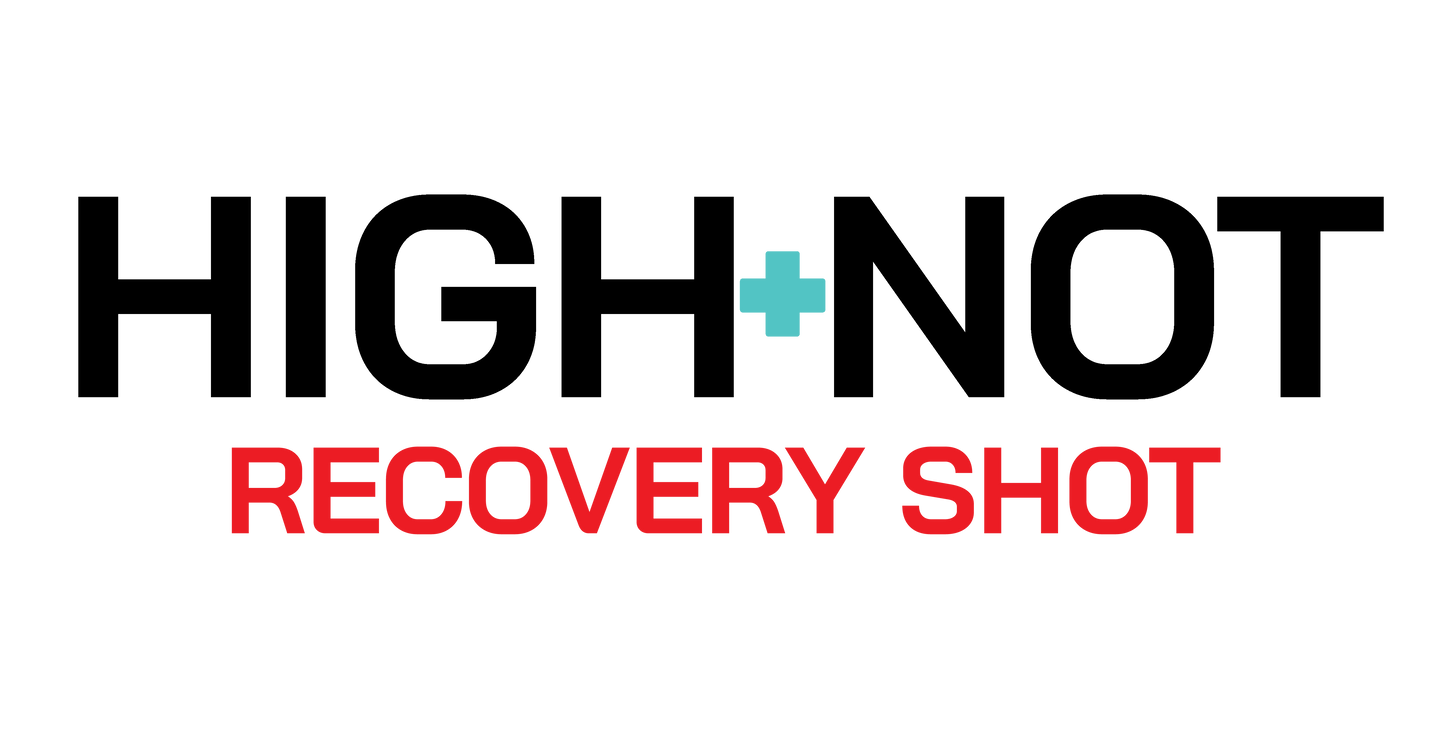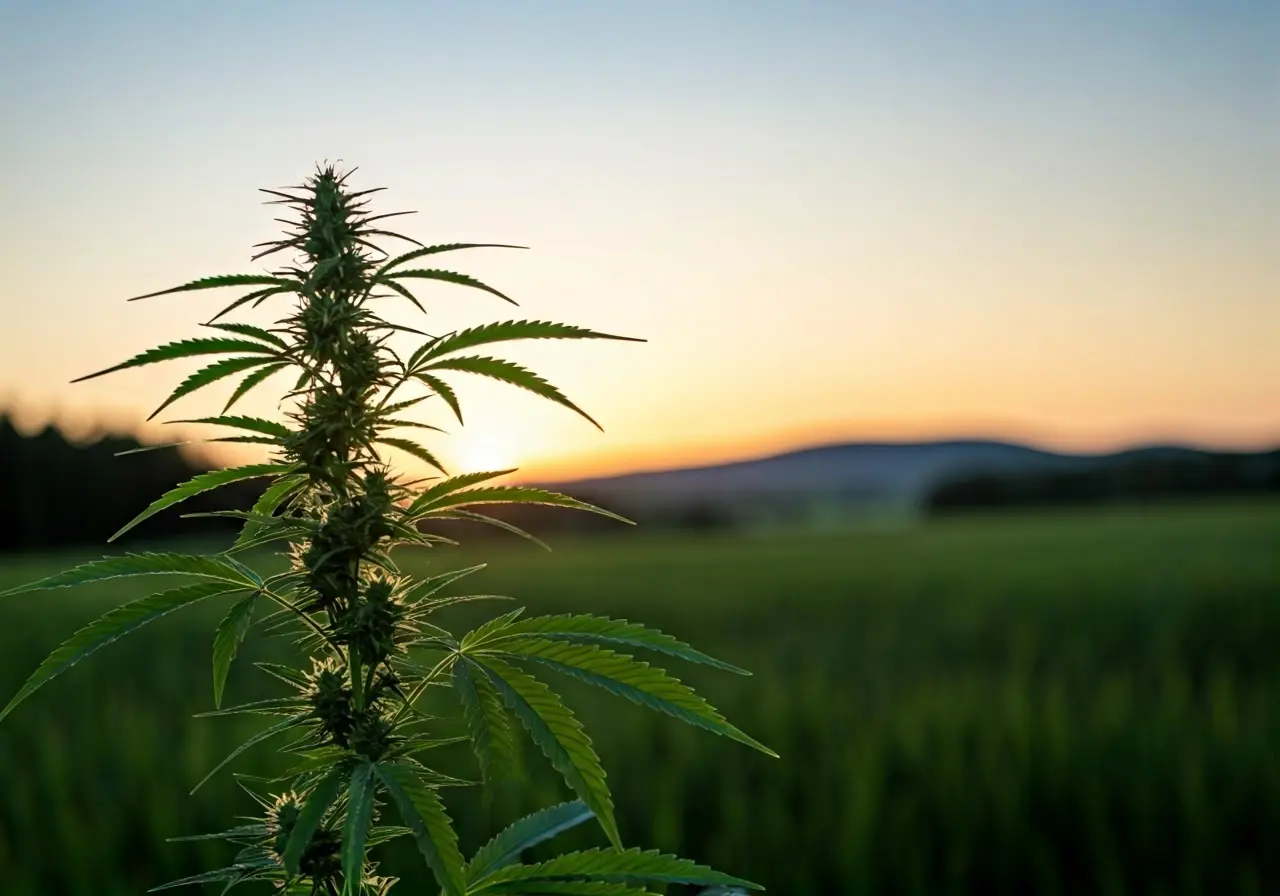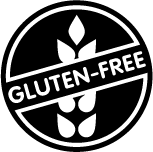
Many people seek relief from anxiety through various methods, and recently, THC has been recognized as an option. But how exactly does THC work to alleviate anxiety? This blog will explore the intricacies of THC anxiety relief, its potential benefits, and its mechanisms.
What is THC?
Delta-9-tetrahydrocannabinol (THC) is the most well-known psychoactive compound found in cannabis. It is responsible for the ‘high’ sensation and interacts with the body’s endocannabinoid system.
While many know THC for its psychoactive properties, its potential benefits extend beyond recreational use. It’s a compound that has intrigued both scientists and enthusiasts for its ability to affect mood, stress, and anxiety levels. As cannabis becomes more legally accessible, understanding what THC is and how it works is becoming increasingly important.
THC works by mimicking the actions of endocannabinoids, which are naturally produced in the body to help regulate various physiological and cognitive processes. The similarities allow THC to bind to cannabinoid receptors on neurons, affecting neurotransmitter release in the brain. This interaction is crucial in understanding how THC can impact mood and anxiety.
Understanding the Endocannabinoid System
The endocannabinoid system (ECS) plays a vital role in regulating mood, stress, and anxiety. THC interacts with the ECS, influencing neurotransmitter release and creating calming effects.
The ECS comprises receptors, endocannabinoids, and enzymes that help synthesize and break down these compounds. The two primary receptors, CB1 and CB2, are found throughout the body, with CB1 receptors densely located in the brain. THC primarily interacts with CB1 receptors, influencing brain functions related to mood and anxiety.
Research indicates that THC’s interaction with the endocannabinoid system may help modulate anxiety by affecting areas of the brain responsible for regulating fear and stress responses. By adjusting the activity of neurotransmitters like dopamine and serotonin, THC can potentially create a balance that alleviates feelings of anxiety. However, the effects can vary greatly depending on the individual.
How THC May Alleviate Anxiety
THC can impact anxiety by activating specific receptors in the brain associated with stress and fear responses. Many users report feeling relaxed and less anxious when consuming small doses of THC.
The calming effects of THC are often compared to the process of adjusting a thermostat - it helps cool down the heightened sensations of worry and stress. The key lies in finding the dosage and strain that suits one’s personal tolerance. For many, this means starting with a low dose and gradually adjusting until they find their personal ‘sweet spot’.
For some individuals, THC relieves anxiety by facilitating a shift in perception and allowing a different viewpoint on stressful situations. This shift can often spark a sense of calm and manageability that wasn’t accessible before. However, it’s essential to note that these effects are not universal and can vary based on multiple factors including the strain and individual biochemistry.
To learn more about THC’s role in easing anxiety, further exploration into the types of products and their effects on stress management can be quite enlightening.
Potential Risks and Side Effects
It’s essential to recognize that THC can also induce anxiety, particularly at higher doses. Knowing your tolerance and starting with low doses can help mitigate risks.
Potential side effects of THC use include increased heart rate, dry mouth, dizziness, and impaired coordination. For some, these effects can heighten anxiety rather than alleviate it. This paradox results from the complex way THC interacts with the brain.
Potential side effects tend to vary from person to person, so monitoring your body’s responses when introducing THC is crucial. Taking these precautions can significantly enhance the positive impact of cannabis on anxiety1.
Consulting Healthcare Professionals
Before considering THC for anxiety relief, consult with healthcare professionals. They can provide guidance based on your health history and specific needs.
Consulting a healthcare provider ensures that you receive personalized advice, considering possible interactions with other medications and health conditions. It’s a precaution worth taking, especially when starting a new form of therapy such as with THC.
If you’re considering using THC for anxiety, seeking professional advice can help make this exploration safer and more effective. By approaching cannabis use mindfully, it may become a beneficial component of your overall wellness strategy. Visit our homepage for more insights and options in enhancing your wellness journey with cannabis.
Final Thoughts on THC and Anxiety
Understanding the role of THC in anxiety relief can empower individuals to make informed decisions about their mental health strategies. While THC offers potential for anxiety relief, it’s essential to approach it with mindfulness and awareness of both benefits and limitations. Always consult healthcare professionals to ensure your approach to anxiety management is safe and suitable for you.








